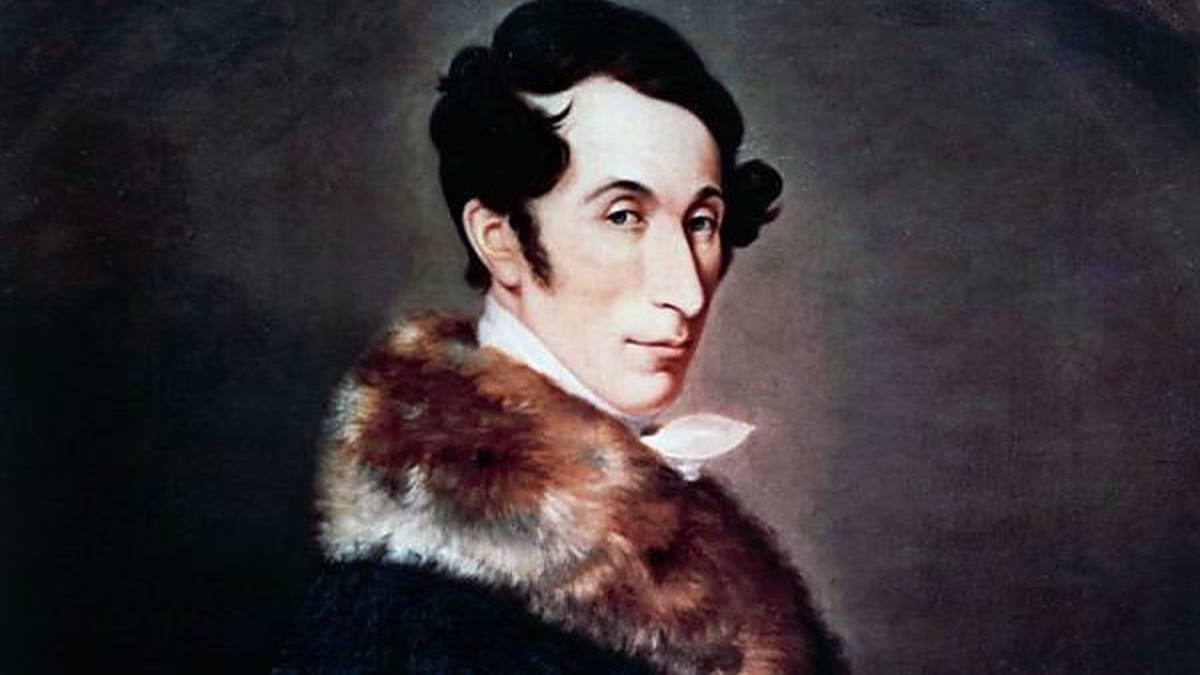Listen to the music of Carl Maria von Weber (1786-1826), and you will hear the seeds of Wagner.
A contemporary of Beethoven and Schubert, Weber was one of the great innovators at the dawn of the Romantic period. In contrast to the prevailing Italian bel canto operas of Donizetti and Rossini, he developed a style of opera which was distinctly German. As music director in the opera houses of Prague and Dresden, Weber was influential in expanding the size of the orchestra. Perhaps as a result, he was one of the first conductors to use a baton. His approach to orchestration influenced Berlioz and others who followed. Throughout his music, distinct instrumental personas take on new dramatic significance. Debussy observed that the sound of Weber’s orchestra was “obtained through the scrutiny of the soul of each instrument.”
Weber’s interest in developing a Gesamtkunstwerk, or “total work of art,” predated Wagner. In 1816, Weber defined the concept as “an art work complete in itself, in which partial contributions of the related and collaborating arts blend together, disappear, and, in disappearing, somehow form a new world.”
For Weber, Gesamtkunstwerk remained an unrealized ideal. Yet Euryanthe, an 1823 work which the composer called his “Grand Heroic-Romantic Opera,” influenced Wagner in other ways. It was the first opera to develop the technique of leitmotif, in which a brief, recurring musical phrase becomes associated with a character, place, or idea. Additionally, Euryanthe is through-composed, in contrast with the recitative-aria model of earlier operas.
Despite these innovations, Euryanthe was not a popular success. Its libretto was derided as clumsy, and its plot (based on a 13th century French romance) was overly fanciful. The opera’s length exceeded four hours.
The Overture is a brilliant orchestral showpiece which is heard frequently on concert programs. It features music which occurs later in the opera. The high-flying opening bars in E-flat major evoke the bold character of the story’s hero. A string chorale in the Overture’s middle section takes a ghostly turn.
This performance from 2012 features the Australian conductor, Daniel Smith, and the Frankfurt Radio Symphony Orchestra:
In the opening of Act II, Lysiart, Count of Forest, despairs because he has failed to win Euryanthe and, as a result, has lost a wager. He expresses his passion for her in the aria, Wo berg’ ich mich? The Finnish bass-baritone, Tom Krause, is accompanied by Marek Janowski and the Staatskapelle Dresden.
Recordings
- Weber: Euryanthe, Marek Janowski, Staatskapelle Dresden, Jessye Norman, Nicolai Gedda, Tom Krause Amazon

